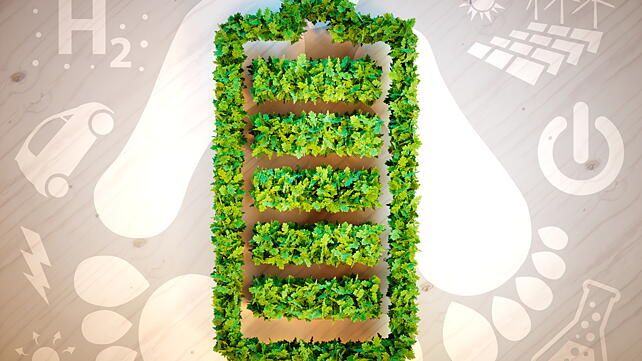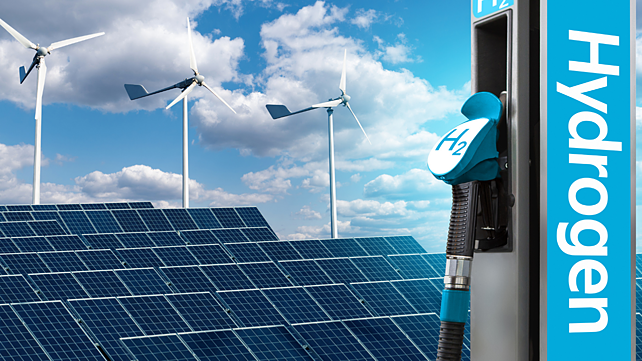
Energy storage has long been a pressing necessity in India's energy sector, as a significant portion of renewable energy is squandered if not used on a daily basis. India's new energy centric economy with focus on fuel-cell technology and battery storage aims to address the requirement for energy storage, long-term growth, and, most critically, grid stability.
The Department of Heavy Industry, Ministry of Heavy Industries and Public Enterprises, Government of India, proposed the National Programme on Advanced Chemistry Cell Battery Storage (Programme). Since its approval on May 12, 2021, the scheme has piqued the interest of battery makers.
The programme intends to incentivise enterprises involved in the manufacturing and sales of Advance Chemistry Cell (ACC) batteries as part of the Production Linked Incentive (PLI) scheme. A self-sufficient Indian manufacturing industry for ACC batteries can help India's clean energy goals in an otherwise vacant market that has been completely dependent on expensive imports till now.
The goal of the programme is for enterprises to invest INR 45,000 crore to build up a total of 50 GWh of manufacturing capacity, with each company committing to a minimum setup of 5 GWh and a 60% value addition over the following five years. While the requirement of at least INR 225 crore in financial investment per GWh is a high bar, the policy's implicit development possibilities, which aim to ensure long-term economies of scale, are a benefit that will keep incentivised public-private model entrants interested.
All incentives, which will be paid over a five-year period following the activation of the facilities in two years from allocation, will be tied to sales, energy output and efficiency, battery life cycle, and other factors.
The innovative technology developed by ACC allows for the storage of electricity in either electrochemical or chemical form, which may then be utilised as electric energy as needed. The emphasis on ACC-based batteries is a clear indication of a concerted effort to develop a viable electric vehicle that also caters to consumer electronics. According to the Indian government, the battery sector has enormous growth potential, which spills over into huge industries like railways and shipping.
Focus On Hydrogen
On the other hand, the Central Motor Vehicles Rules, 1989 was amendment in 2020 to include standards of safety evaluation propelled through hydrogen fuel-celled cars. As a replacement of conventional energy source, the nation’s hydrogen mission announced by Prime Minister Narendra Modi in August, 2021 is one of the biggest steps in harnessing naturally occurring elements in a green and clean manner for energy production.

Hydrogen fuel-cell cars have the potential of zero carbon footprint, as water vapour is the only by-product. Hard to electrify transportation sectors like long-haul trucking, freight shipping and air travel cannot use the heavy electric batteries, for which hydrogen fuel-cell is a perfect long term and organic solution, with faster charging. Hydrogen can also store more energy in compressed underground tanks.
Environmentally Sustainable Energy Storage
While India's renewable energy policy has had a lot of ups and downs in terms of ambition and implementation, these schemes clearly outlines a long-term strategy in light of the hard-shift towards environmentally sustainable energy storage methods, with staggered and protracted capacity growth to match staggered and protracted demand growth.
The Government of India's policy has multi-faceted benefits to numerous future visions. Aside from the obvious environmental benefits of lowering greenhouse gas emissions and conserving energy, this scheme is aligned with the Atmanirbhar Bharat and MakeInIndia programmes, lowering hefty import costs and restoring indigenous manufacturing to global standards.
As electric vehicles and electronic consumables become more popular around the world, India's plans for a self-reliant energy economy is a path in the right direction.
About the Author: Deepak Kumar Thakur is Partner at L&L Partners, a leading full services law firm. The article has been co-authored by Puspak Chamariya, Associate at L&L Partners.